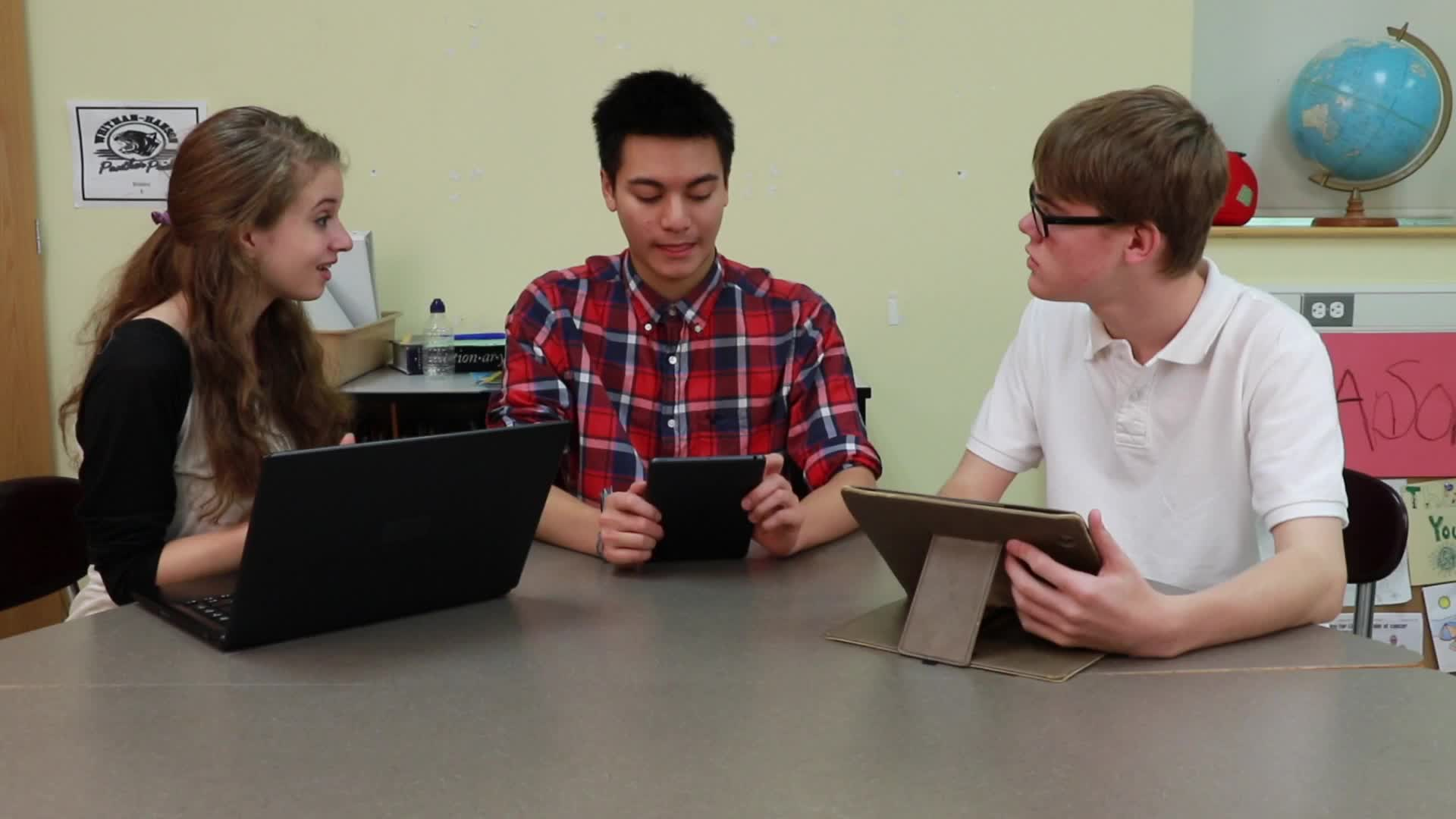
Introduction
In social situations, it’s crucial for students to understand that people have diverse interests and not everyone wants to talk about the same topic all the time. By learning to engage in different conversations and respecting others’ interests, students can develop better social skills and relationships. This blog post presents an overview of a no-prep activity designed to help high school students understand the importance of diverse conversations, along with discussion questions and related skills.
No-Prep Activity: The Conversation Switch
This activity requires no preparation or materials from the educator and can be conducted in a classroom or small group setting. The purpose of the activity is to help students practice switching topics in a conversation and engaging in discussions that others find interesting.
- Divide students into pairs or small groups.
- Ask each student to think of a topic they find interesting, but that others may not share the same enthusiasm for.
- Have students take turns discussing their chosen topic for one minute, while the others in the group listen attentively.
- After the minute is up, the next student in the group starts talking about their topic.
- Once everyone has had a chance to discuss their topic, have the group come together and reflect on the experience. Ask students to share how they felt when others were talking about topics they didn’t find interesting and how it felt when it was their turn to talk.
Through this activity, students will gain a better understanding of the importance of diverse conversations and develop empathy for others’ interests.
Discussion Questions
- How did it feel when someone was talking about a topic you didn’t find interesting? How did you respond?
- What strategies can you use to engage in a conversation when the topic doesn’t interest you?
- Why is it important to consider others’ interests when engaging in a conversation?
- How can you show respect for someone’s interests, even if you don’t share the same enthusiasm?
- What are some ways to introduce a new topic in a conversation?
Related Skills
Along with understanding the importance of diverse conversations, there are other relevant social-emotional learning skills for students to develop:
- Active Listening: Students should practice actively listening to others and showing genuine interest in their thoughts and feelings.
- Empathy: Developing empathy helps students understand and share the feelings of others, fostering stronger connections.
- Conflict Resolution: Learning to address disagreements respectfully and effectively is essential for maintaining healthy relationships.
- Assertiveness: Teaching students to express their thoughts and feelings confidently, while respecting others, is crucial for successful social interactions.
Next Steps
Now that you’ve learned about the importance of diverse conversations and a no-prep activity to help students practice this skill, it’s time to explore more resources and strategies. We encourage you to sign up for free samples of social-emotional learning materials and activities to support your students’ growth in this area and beyond. With the right tools and guidance, you can empower your students to develop strong social skills and build meaningful relationships.

